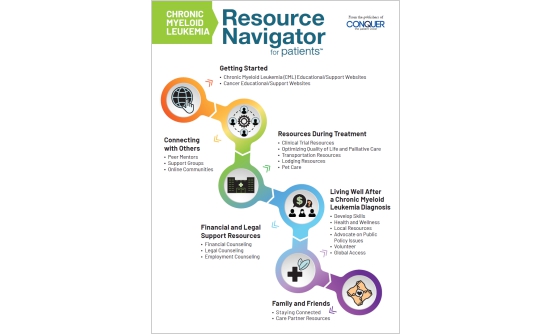
Chronic lymphocytic leukemia (CLL) is a slow-growing blood cancer, so doctors often don’t start therapy until the disease progresses. Selecting which treatment to use first is important in all types of cancer, because it often means better outcomes and longer survival. Results from a recent clinical trial highlight a new approach to the treatment of older patients with CLL that is better than the recent standard of care.
This clinical trial compared the use of the targeted therapy Imbruvica (ibrutinib) as a first-line therapy for older patients—aged 65 or older—with CLL versus the current standard of care that combines chemotherapy with Bendeka (bendamustine) plus immunotherapy with Rituxan (rituximab). The results showed that using the targeted therapy as a first treatment was better than starting treatment with a combination of chemotherapy plus immunotherapy, or chemoimmunotherapy.
The use of Imbruvica as the first treatment slowed the progression of the CLL or even of death compared with starting treatment with the combination of Bendeka plus Rituxan. The results also showed that adding Rituxan immunotherapy to Imbruvica did not improve the outcomes compared with Imbruvica alone, according to Jennifer A. Woyach, MD, Associate Professor at Ohio State University Comprehensive Cancer Center in Columbus, who discussed the results.
This phase 3 clinical trial included 547 patients aged 65 or older who were newly diagnosed with CLL. The patients were divided into 3 treatment groups—Imbruvica alone, Imbruvica plus Rituxan, or Bendeka plus Rituxan. Overall, 87% of the patients who received Imbruvica alone and 88% of patients who received Imbruvica plus Rituxan had no disease progression for 2 years compared with only 74% of patients who received Bendeka plus Rituxan.
Although no meaningful difference has yet emerged in the length of actual survival among patients in all of the groups, Dr. Woyach suggested that this is probably because many patients who initially received Bendeka crossed over from the chemoimmunotherapy group to one of the groups containing Imbruvica. She added that when the study was just designed, Bendeka and Rituxan were “widely used in the community, based on excellent data in the phase 2 setting.”
Dr. Woyach noted that in 2016, during the time of this study, Imbruvica (which is a new type of kinase inhibitor called Bruton’s tyrosine kinase) was just beginning to be used in clinical practice. “Despite now widespread use in the front-line following its FDA approval for this indication in 2016, the efficacy of ibrutinib versus standard chemoimmunotherapy had not previously been investigated,” she said.
Severe (grade 3 or 4) hematologic side effects were more common in the chemoimmunotherapy group (61%) than in the Imbruvica-alone (41%) or Imbruvica plus Rituxan group (38%). However, severe nonhematologic side effects, especially hypertension and atrial fibrillation, were more common among patients who received Imbruvica.
Implications for Patients
Commenting on these results, David P. Steensma, MD, Institute Physician in the Hematologic Oncology Treatment Center at Dana-Farber Cancer Institute in Boston, said, “This really does indicate that ibrutinib as front-line therapy, which many clinicians have been doing, is a very reasonable practice.”
Imbruvica is among several treatments that are approved by the FDA for use in patients with CLL. These results highlight that using Imbruvica as first treatment, alone or in combination with
Rituxan immunotherapy, rather than using chemotherapy plus immunotherapy in older patients with CLL can extend the time without disease progression, and potentially their survival.
Additional clinical trials have been investigating new Bruton’s tyrosine kinase inhibitors that may have fewer side effects than Imbruvica, as well as novel combinations of Imbruvica with other immunotherapies, or other treatments with immunotherapies, such as Venclexta (venetoclax) plus Gazyva (obinutuzumab), that don’t include chemotherapy.
By using these new combinations, “we try to intensify therapy earlier on, to try to get deeper remissions and therefore stop therapy,” Dr. Woyach said. She added that limiting the length of therapy may also be an important strategy to explore in patients with CLL.
Key Points
- Using Imbruvica as a first therapy reduced the rate of disease progression or death compared with chemoimmunotherapy
- Eliminating chemotherapy in older patients with CLL also reduced serious hematologic side effects
- However, nonhematologic side effects, such as hypertension, were more common with Imbruvica












